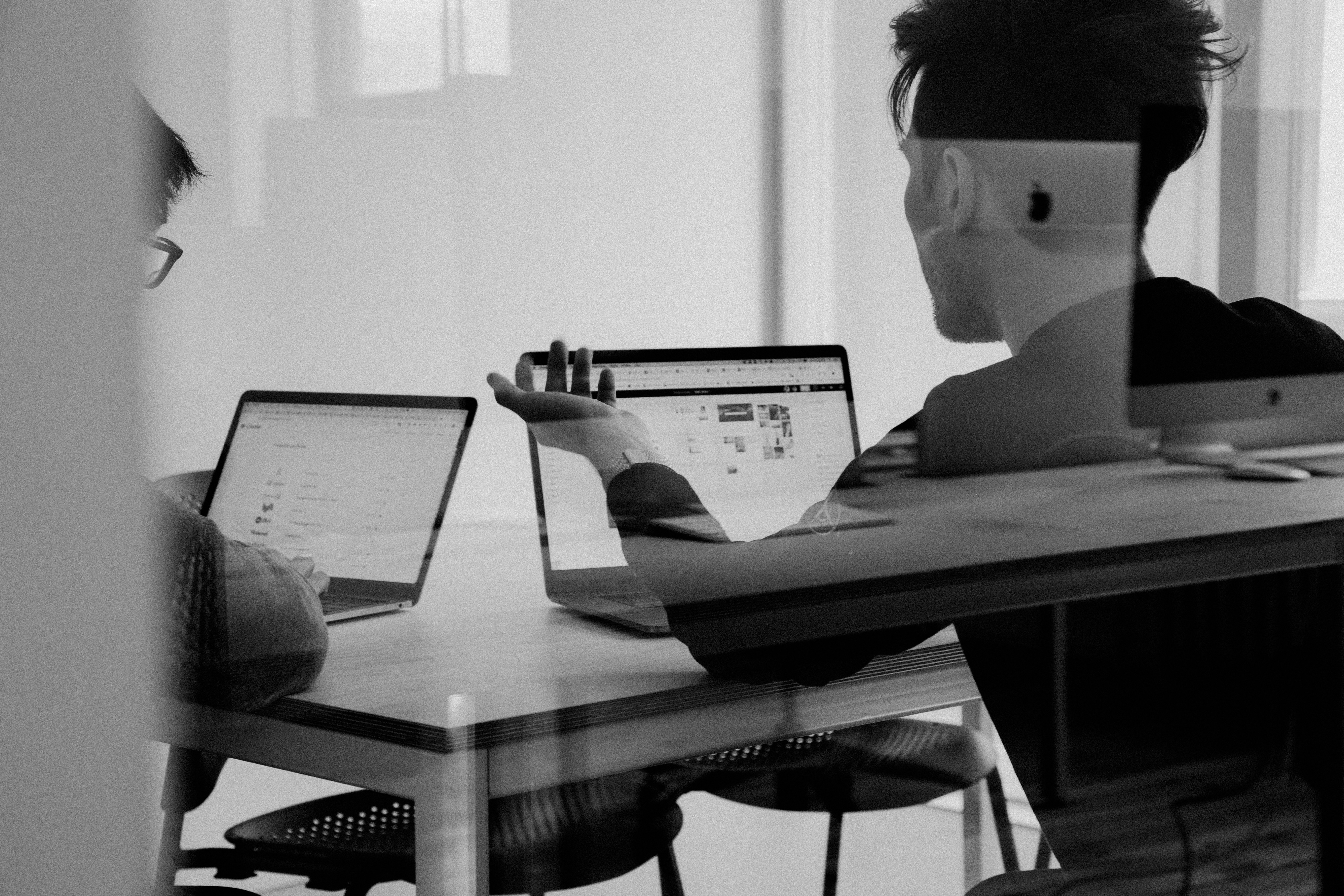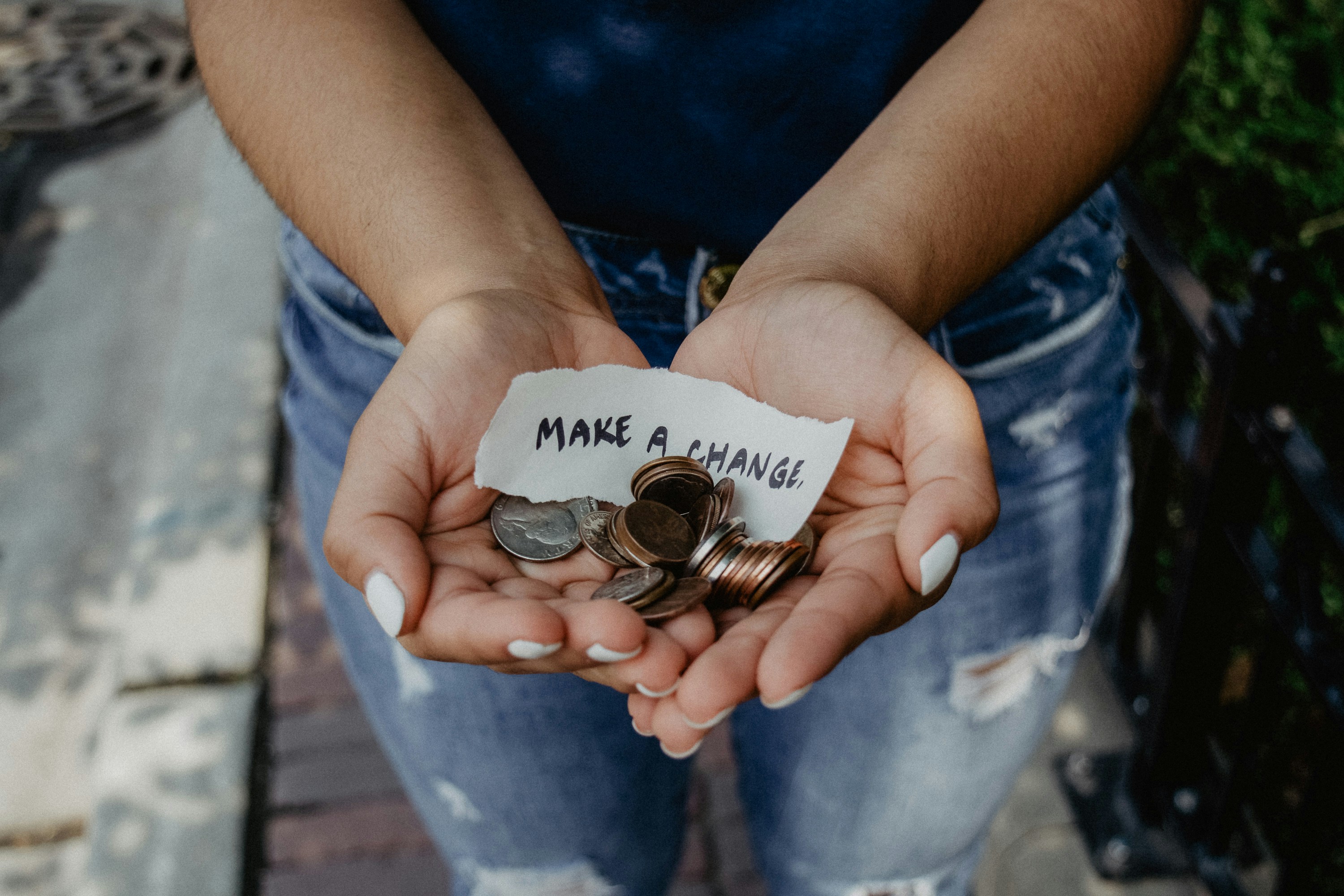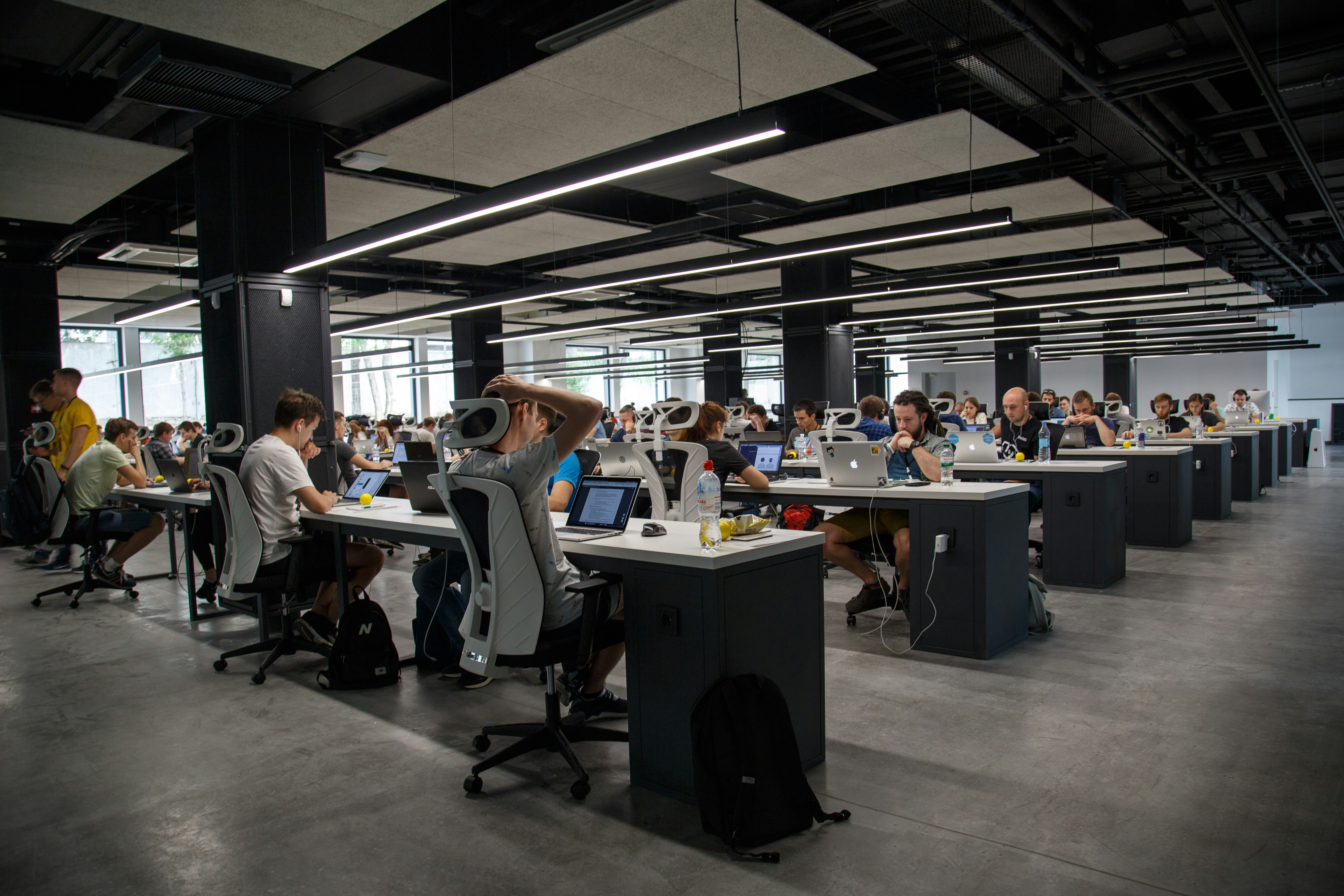We live in an era characterized by rapid technological advancement and unprecedented access to information. While this development has empowered individuals and expanded opportunities for learning, it has also introduced new challenges—most notably, the issue of information overload. Every day, people are exposed to vast quantities of data, ranging from news updates and social media posts to emails and advertisements.
In such a landscape, the ability to filter information has become not only a practical skill but a critical necessity for personal development, mental well-being, and informed decision-making.
📌 What Does "Filtering Information" Mean?
Filtering information refers to the conscious and systematic process of selecting, evaluating, and prioritizing the content one chooses to engage with. It involves distinguishing between relevant and irrelevant, credible and unreliable, beneficial and potentially harmful information. This process is both cognitive and behavioral, requiring individuals to apply critical thinking skills, digital literacy, and emotional regulation. In essence, filtering is about controlling your mental intake just as you would monitor your physical diet. It protects the individual from digital clutter and helps foster a more intentional and productive use of time and attention.
🧠 1. Prevent Mental Overload

Mental overload occurs when an individual is exposed to more information than the brain can effectively process. This state can lead to cognitive fatigue, impaired decision-making, and increased stress levels. Studies in psychology and neuroscience have shown that continuous exposure to stimuli without adequate filtering mechanisms can reduce concentration and inhibit memory retention. By filtering information, individuals can avoid the pitfalls of cognitive saturation and maintain clarity, focus, and emotional stability. This process enhances mental health and fosters a sustainable engagement with digital environments.
🎯 2. Make Smarter Decisions

In the digital age, decision-making is heavily influenced by the quality and accuracy of the information available. The proliferation of misinformation, biased content, and manipulative media necessitates the development of strong information-filtering skills. Filtering enables individuals to verify sources, compare perspectives, and engage with content that aligns with objective reasoning and personal values. Whether making choices related to education, finance, health, or civic participation, the ability to sift through irrelevant or false information leads to more ethical, effective, and evidence-based decisions.
⏳ 3. Save Time and Energy
Time is among the most valuable non-renewable resources, and in the digital environment, it is frequently consumed by low-priority tasks and unnecessary content. Engaging with irrelevant or excessive information can reduce personal efficiency and deplete energy that could be directed toward meaningful activities. By implementing filtering strategies—such as subscribing only to high-value sources, setting boundaries for screen time, and using digital tools like content blockers—individuals can reclaim their time. This facilitates greater focus, promotes well-being, and ensures that cognitive energy is reserved for activities that align with long-term goals.
🔍 4. Improve Focus and Clarity

The ability to concentrate has become a rare and valuable asset in a world full of pings, notifications, and algorithm-driven distractions. Without proper filtering, the human mind is continually pulled in multiple directions, diminishing the capacity for deep thought and meaningful work. Filtering information helps to reduce background noise and remove content that competes for attention. This sharpened focus enhances productivity, encourages mindfulness, and improves the quality of both personal and professional engagement. Over time, consistent information filtering cultivates a mental environment where creativity and insight can flourish.
🍏 5. Build a Healthy Information Diet
The concept of a healthy information diet is rooted in the analogy between physical and mental consumption. Just as poor nutrition can lead to physical ailments, consuming excessive amounts of negative, sensationalist, or low-quality content can have detrimental effects on psychological health. Individuals exposed to constant negativity may experience increased anxiety, pessimism, and emotional fatigue. Curating a positive and enriching information diet involves intentionally engaging with educational, inspiring, and constructive content. This promotes emotional resilience, intellectual growth, and a balanced worldview.
✅ How to Filter Information Effectively
Effective information filtering involves a combination of strategic planning and digital literacy. Here are several academic and practical steps to achieve it:
- Set clear objectives: Define what kind of information you are seeking based on your current needs and goals.
- Evaluate sources: Use tools such as fact-checking websites and peer-reviewed databases to assess credibility.
- Limit exposure: Establish boundaries by scheduling time for content consumption and using tools like RSS feeds or curated email digests.
- Declutter regularly: Unsubscribe from irrelevant newsletters, unfollow distracting accounts, and delete outdated apps.
- Practice mindfulness: Pause before consuming content and ask, “Is this necessary or helpful right now?”
By following these steps, individuals can create an information environment that supports their intellectual, emotional, and practical well-being.
✨ Final Thoughts
Filtering information is no longer an optional skill—it is a fundamental competency in the digital age. It empowers individuals to manage their attention, preserve mental energy, and make well-informed decisions. Beyond its practical benefits, it is also an act of self-respect and cognitive self-care. In a world where attention is a commodity, choosing what to focus on is a declaration of personal agency and purpose.
Let us not be passive consumers of information, but active curators of our digital experience. In doing so, we protect not only our minds but also our capacity to contribute meaningfully to the world.
Thank you for reading. Feel free to share your thoughts in the comments below. For more posts on digital well-being and intentional living, follow this blog.




0 Comments